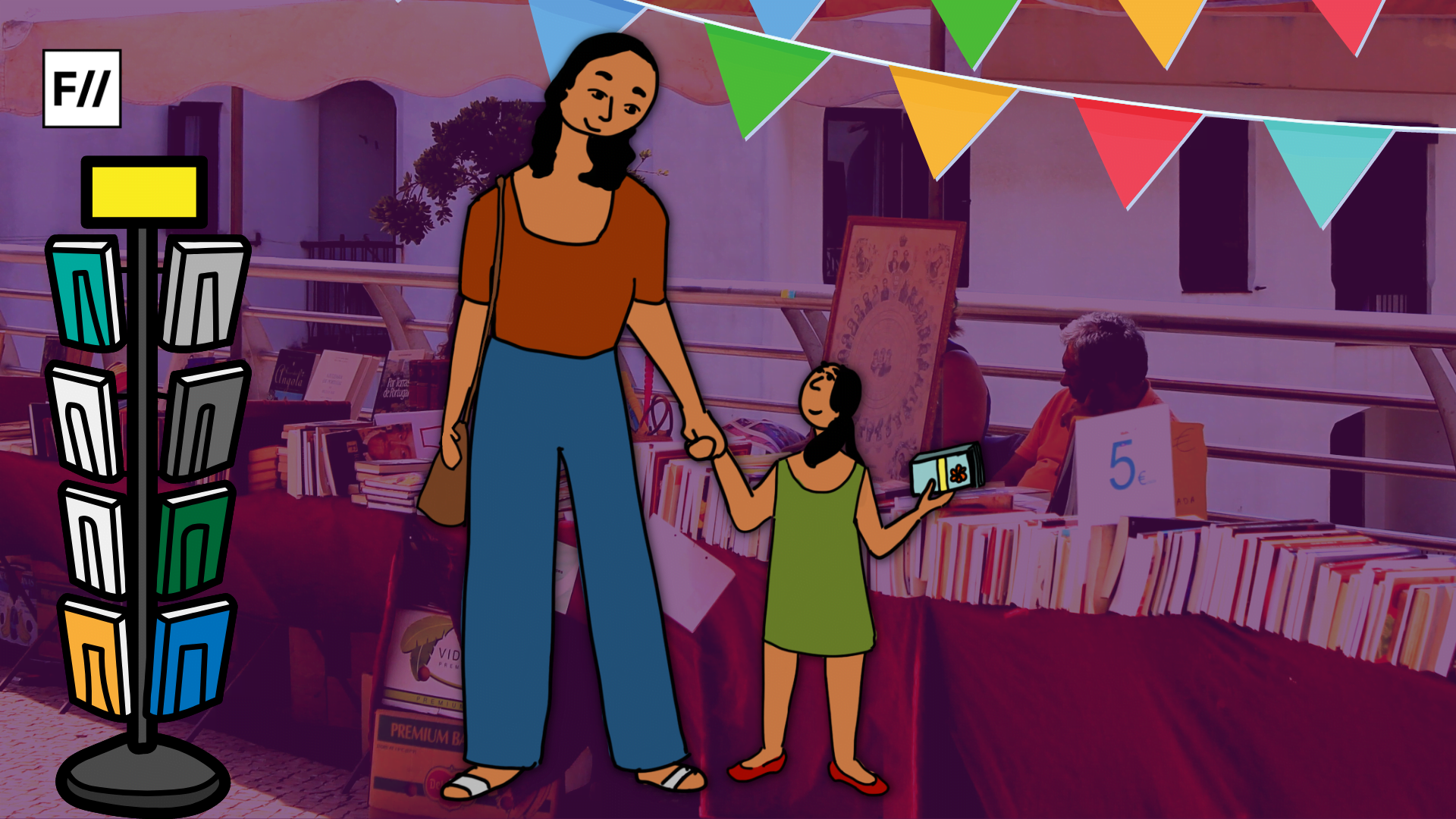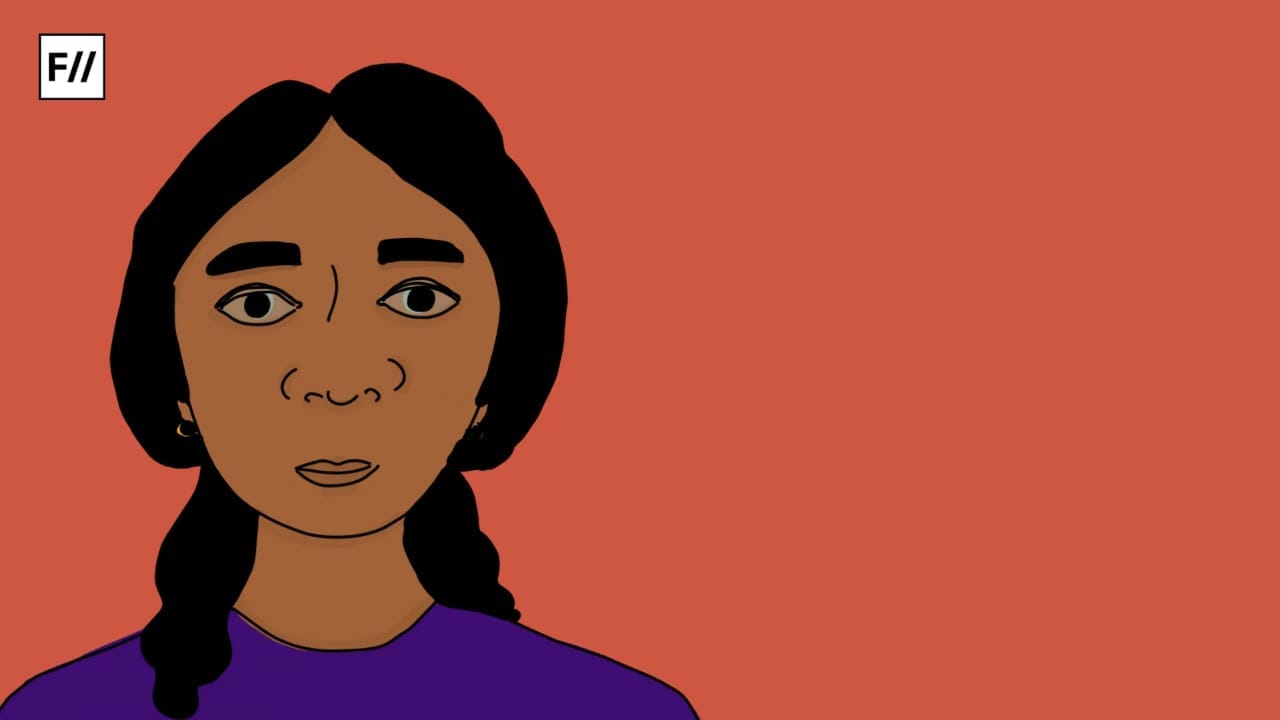I can still feel that evening in Tadong when standing by the road, watching the sun gradually drop behind the nearby hills, I felt loneliness grip every inch of my inside. The familiar hills, which I have always seen from my sub-Himalayan home town of Siliguri, felt like no company as I walked down the road to return to the empty PG room where I stayed while pursuing further studies in Gangtok.
Although I was only four hours away from my home, I was shaken by this new understanding of home as I walked into the unfamiliar darkness of my room. There was no prospect of any visit, except the routine knock at the door when food arrived, and also no prospect of me going out since the place was quietening down as it does in the less happening part of a hill city after sun down. So it was all about my room and me, a relationship I enjoyed when at home, but now seemed to be numbed and bewildered by.
I lit the incense and picked up the book I was reading then- Parimal Bhattacharya’s newly published memoir No Path in Darjeeling is Straight (2017). In the book, which speaks of the author leaving his Kolkata home and arriving to Darjeeling as a government college teacher, I found a kindred soul: the nausea of loneliness, the silence of what is coming, the cringe in the heart for the home left behind, the alarms of new life. As rain drops pelted against my window I felt drawn to the poetic prose of the author as he warmed himself up to Darjeeling’s history, society, culture and politics. The book soothed my unhinged self, only for a while of course.

The next morning call from home brought me news of my daughter Pipli, four year old then, whom I had left behind with my parents. She had been searching for me well into the night and then could sleep only after clinging to Maa. The experiences of the evening before flashed before me – that choked feeling of being left alone.
The knock at the door announcing dinner brought me out of the reverie caused by the book. Eventually, I realised it was helping me settle down, evoking my habitual curiosity about life and most importantly ,making me feel less lonely. I thought to myself should I give to Pipli the world of books, a world that she could build for herself once the foundation was laid, a world that would not make her dependent on my presence but also bind her closer to me?
Anxiously, I questioned myself: was I guilty of ambition? I wasn’t unconscious of the labels that had been generated by society to mark the territory of mothers. I was also not unconscious of my insistent struggle to go beyond the same. But what was I putting at stake: the necessity to be kind? Can anyone find a balance through kindness?
I have never been inclined towards a life of ‘balance’, at least not in the way balance is interpreted for women. It is tiring and mostly requires women to prepare for an extra dose of hopelessness in a life that already brims with it. I couldn’t bring myself to over perform as a mother; I knew I had to follow my dreams because I didn’t want to live for a day when I could stifle my daughter with the list of my sacrifices made for her.
I want my daughter to know me for whoever I am, to be able to negotiate with me as a human, not to deify me. I wasn’t hiding myself I knew that; what I kept looking for was a way to improvise my role as a mother.
I went ahead with my classes, my life. With time the gloom of the empty room somewhat lessened. I had developed a drill- upon returning I cleaned the room, lighted incense, made tea, and sat with the book. I was still reading or may be re-reading No Path, sipping it slowly, thrilled by the familiar references, at times also annoyed by the over romanticism of the bhadralok consciousness.
Also read: ‘We Hold On Without Stifling Each Other’: Figuring Motherhood Out With An Eight Year Old

The knock at the door announcing dinner brought me out of the reverie caused by the book. Eventually, I realised it was helping me settle down, evoking my habitual curiosity about life and most importantly ,making me feel less lonely. I thought to myself should I give to Pipli the world of books, a world that she could build for herself once the foundation was laid, a world that would not make her dependent on my presence but also bind her closer to me?
It wasn’t escaping the role of a mother, it was improvising the role to be able to deal with the situation and believe me, mothers are the best improvisers of the world. At least I thought of myself to be one, when I consciously chose the books I wanted Pipli to read. Lessening the burden of imagination on the age-old fairy tales, I chose books from Indian English and Bengali to enliven her to a world of words, characters, stories, colours.
By the time the book fair ended for us, I found Pipli had gathered a pile of books that she had chosen out of sheer curiosity. My heart took a giant leap of satisfaction. Now when I find her finishing one book after another, even recommending books to me from her stock, or telling me stories during our walks, I feel it isn’t such a bad thing to improvise after all, to find ways to enrich the mother-child bond, while also leaving some breathing space
The fairy tales did not vanish from the shelves, because I thought she must read these to question these constructions one day (problem of overthinking academics who double as mothers!). I invested a conscious effort here because I did not grow up in an extant culture of reading. Reading as active indulgence came to me much later in life, probably during college. My middle class upbringing did not consider reading as a life changing habit.
It was only when I loosened the stranglehold of the coveted career by choosing literature over engineering that I started reading anything I could lay my hands on. Sometimes my middle class mind rebelled against this luxury I took with time, the belatedness of being a provincial adding on to my miseries, as I was told later. However, whatever it was, it stayed with me. And that is what I wanted to give Pipli.
Thus, while on one hand Tuntuni’s stories, Shohoj Paath, Khirer Putul, Abol Tabol found place on the shelves, Pipli also read about Pranav who was drawing a giraffe which had gone to eat grass and never returned, of the little house in the hills of Bhutan where anyone in need could find a room, of Khari’s journey through Kachchh. These stories, enlivened by the cover to cover paintings of brilliant artists from the sub-continent, vividly represented characters from real life. However, I doubted: was this exercise just becoming another fascinating way of establishing parental control?
My more or less unchanging, provincial life was quite settled until I was introduced to the International Kolkata Book Fair by two dear friends not until recently. This exposure to variety was overwhelming and intoxicating enough to make me prepare and wait for the fair annually.
This time, when the Book Fair was happening after almost two years, I decided to take Pipli with me unsure of how this new experience would speak to her. Will she approve of it? Will she want to return to it? Amidst the twinkling lights of one of the halls, I saw her awestruck eyes glimmering in happiness. With her little backpack on, she slowly let go of my hand, as she veered towards the shelves of her choice. Looking at books, picking up some, reading them, and sometimes even looking for a place to sit as she sifted through the pictures with eagerness, I found her immersed in her world, oblivious of the crowd and heat.
She carefully picked the books she knew I could buy for her, kept aside the pricey ones for the next time. When her little cousin arrived, Pipli took her to the racks, read to her from books a three year old could like, while also paying attention to whatever the little one was pointing at. She hovered around from stall to stall, chatting with the sellers, getting a host of free gifts, talking about what she liked to read, and gathering blessings.
By the time the book fair ended for us, I found Pipli had gathered a pile of books that she had chosen out of sheer curiosity. My heart took a giant leap of satisfaction. Now when I find her finishing one book after another, even recommending books to me from her stock, or telling me stories during our walks, I feel it isn’t such a bad thing to improvise after all, to find ways to enrich the mother-child bond, while also leaving some breathing space.
We are going to the book fair together next year. Pipli needs more days there this time, she tells me.
Also read: Plants, Pandemic And Children: Discovering The Joys Of Gardening With A Six Year Old
Featured Illustration: Ritika Banerjee for Feminism In India
About the author(s)
Priyanka Chatterjee is a mother, researcher, and academic. She lives and writes from Siliguri. Her articles have appeared in Feminism in India, LiveWire, Himal Southasian, Sikkim Express, among others. She can be reached at site.surferpc@gmail.com and is on Instagram @priz_chatt






